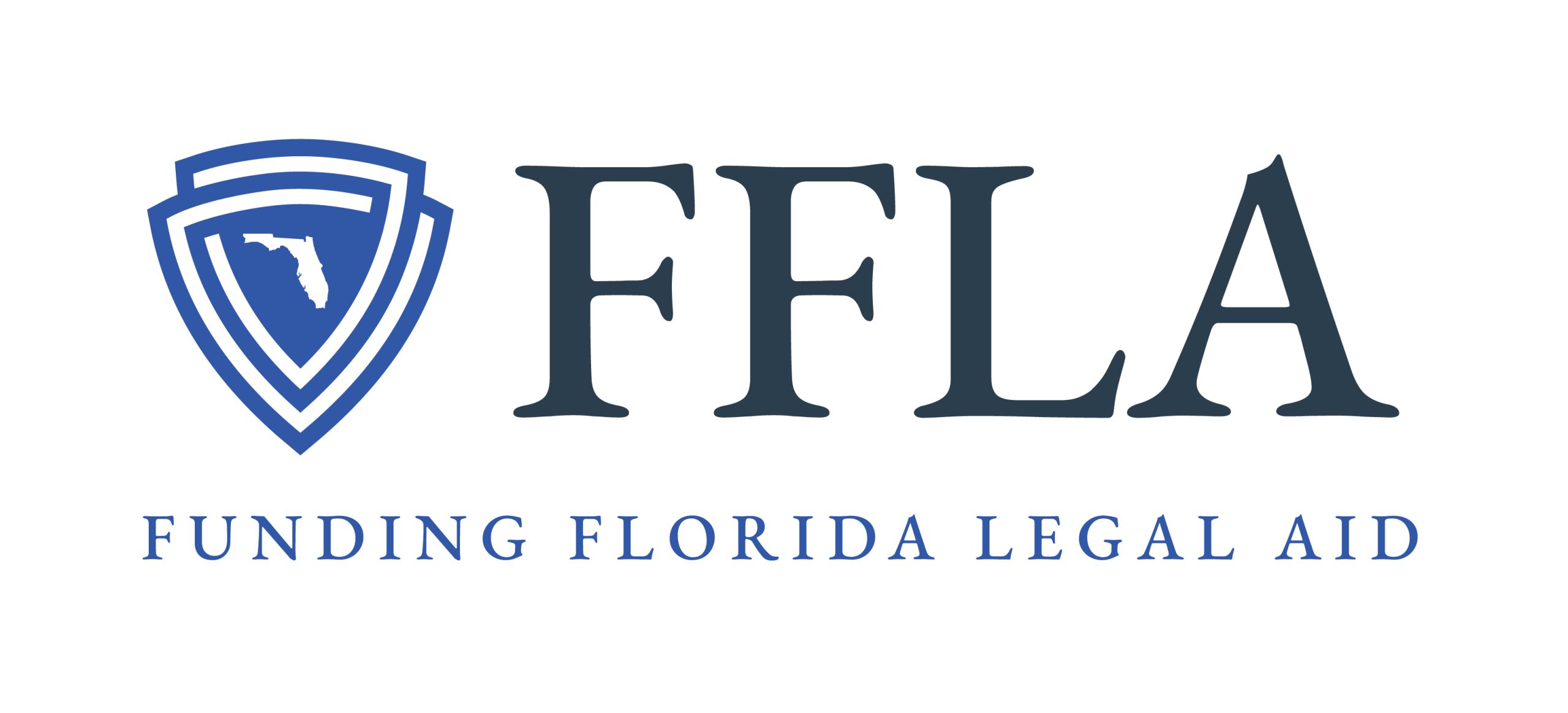Last Will and Testament
A properly executed Last Will & Testament allows you to make the decisions about your property instead of allowing the courts to do so. A Last Will and Testament is a written legal document that tells how you would like to distribute your “estate” after your death. Your estate includes your income and property at the time of your death.
After death, your loved ones may need to file a “probate”, which is a lawsuit for a court to supervise the distribution of your estate. In probate, the court will determine the validity of the Last Will and Testament and your rightful heirs and appoint a personal representative. If you have a written Last Will and Testament that covers these issues, many judges administer your Will according to your written wishes.
If you do not have a written Last Will and Testament, or if your current Will is found invalid under the Probate Code, then Florida’s intestate statute may apply. These are laws set in place to deal with passing ownership of your possessions along to your heirs, or relatives.
WHAT ARE YOUR RIGHTS?
Probate is the process that the court will go through to distribute your belongings (assets) and your estate after your death. Without a valid Last Will and Testament, the court will step in to determine how to give away your possessions.
Like most court proceedings, it can take time to occur. Read this pamphlet from the Florida Bar to learn more about Probate in Florida.
A Will can protect your family, friends, or other loved ones from having to endure the probate process.
It is your right to create a Last Will and Testament to create clear instructions for the probate courts and/or your loved ones after your death.
You have the following rights:
- Florida Statutes, Chapters 731-735 (also known as the Florida Probate Code);
- Florida Probate Rules, Part I-II, which outlines the process parties are to follow if a legal action is filed; and
- Florida case law, which are court decisions interpreting the Probate Code and the Probate Rules.
Your Will becomes final at your death. Therefore, you can generally change or revoke it by executing a “Codicil”, which is a supplemental document to your Will. You can also create a new Will instead of adding a Codicil.
“Capacity” refers to your ability to understand a legal document or other contract that you are signing. If you do not have legal “capacity,” your Last Will and Testament or Codicil will likely be invalidated by the court.
Learn more about when a “Codicil” might work best for you by using this LegalZoom article as a guide. Call or reach out to us if you need help changing your will.
Generally, a probate is filed in the state of the decedent’s (the person who died) residence (sometimes called domicile). An ancillary probate is often required when the decedent dies owning real or personal property that is located in another state. A primary (or domiciliary) probate is filed in their home state and an ancillary probate is filed in the other state(s).
WHAT DO YOU NEED TO DO?
Your Last Will & Testament does not have to be drafted by an attorney. However, it is recommended that you consult an attorney to ensure that your document protects your heirs. Heirs are the people you want to leave your possessions to after your death. They may be friends, family, or even non-profit organizations. The law, including court interpretations of the law, changes over time.
To have a valid Last Will & Testament that will be honored by Florida courts, you must have the following:
- The maker of the Last Will & Testament, also called a testator or testatrix (which is you), must be at least 18 years old;
- You must be of sound mind at the time you sign the Last Will & Testament;
- The Last Will & Testament must be written; and
- The Last Will & Testament must be witnessed and notarized in a special manner.
There are special rules for a Last Will & Testament executed in another state, U.S. territory, or county, or executed while in the military.
Florida law does not require you to have a will. However, if you fail to have a Last Will and Testament, a probate judge will determine how to distribute your estate and your final wishes may not be honored. The probate process also can take time, so if your loved ones depend upon your home or other assets for their daily way of life, it is a good idea for you to have a Last Will and Testament to protect them.
Click here to see who inherits your estate if you die without a will (as defined by Florida Statutes Chapter 732).
In addition to a Last Will and Testament creation, under Florida law, you may list a beneficiary for your financial institutions, such as banks, retirement accounts, investment accounts, and life insurance policies.
Adding beneficiaries to those kinds of accounts allows the person or people you’ve named to receive the funds in your account without a probate action. After your death, the personal representative of your estate will present an original death certificate to the financial institution. Some financial institutions refer to the beneficiary designation as In Trust For, Payable on Death, Transfer on Death. Generally, the beneficiary has no right to access your account while you are alive.
If you have joint accounts, those funds will generally be given to the joint account holder listed with your bank. Check with your financial institution to see how you have your account registered. There may be tax consequences based upon how you set up this account — talk to a tax professional for more details.
If you have legal questions about beneficiaries, contact Community Legal Services of Mid-Florida (800) 405-1417 or talk to your attorney.
Upon your death, your family may need to open a probate action. If so, the legal action must be filed in the county where you were domiciled (your legal permanent residence). Contact an attorney to determine if you have an estate that requires a probate action to be filed with the court under Florida law.
If you were not domiciled in Florida, the probate must be filed in any county where your property is located. If you were not domiciled in Florida and possessed no real property (e.g., a home) or personal property (e.g., a boat), the probate may be filed in the county where your debtor resides.
WHAT TO CONSIDER BEFORE TAKING ACTION?
A Last Will & Testament often does not change the beneficiary designation on your life insurance policy, retirement, pension accounts (such as 401k, 403b, 457 accounts), individual retirement accounts (IRAs), annuity, stock or investment accounts, or bond accounts.
Failing to name a primary and/or contingent beneficiary for the above accounts will not ensure those proceeds will be paid to your desired heirs. How these monies will be distributed after your death is outlined in your account contract and/or policy. If you desire to add or change heirs for these accounts, you must contact the account administrator.
Talk to a tax professional for more details about the tax consequences of these accounts. If you have legal questions about accounts, contact Community Legal Services of Mid-Florida (800) 405-1417 or talk to your attorney.
Florida Statute § 734.104 outlines the process for having Florida consider your Last Will and Testament executed in another state, territory, or country. If you reside in Florida, an attorney should review your documents to ensure they reflect your desires.
A Florida attorney should review documents related to any of the following to ensure they will be distributed according to your wishes upon your death:
- If you purchased real property in Florida, such as a home;
- If you own personal property which was registered or stored in Florida, such as a boat or car;
- If you experienced a significant change in your circumstances, such as winning the Florida Lottery, becoming divorced or married, or having a child;
- If you have disposed of an asset named in your Will or you desire to remove or add an heir or personal representative; or
- If a non-attorney drafted your current estate documents.
If you or a loved one receives Medicaid benefits, Medicaid Waiver benefits, or veteran benefits, or if you think you may need these benefits in the future, speak with an attorney. Receiving these benefits may have an impact on your Last Will & Testament.
Florida Probate Code: https://www.flsenate.gov/Laws/Statutes/2019/Title42/#Title42
The Florida Bar’s Do You have a Will? Pamphlet: https://www.floridabar.org/public/consumer/pamphlet011/
The Florida Bar’s Probate Pamphlet: https://www.floridabar.org/public/consumer/pamphlet026/
The American Bar Association’s Estate Planning FAQs: https://www.americanbar.org/groups/real_property_trust_estate/resources/estate_planning/

 Home
Home








